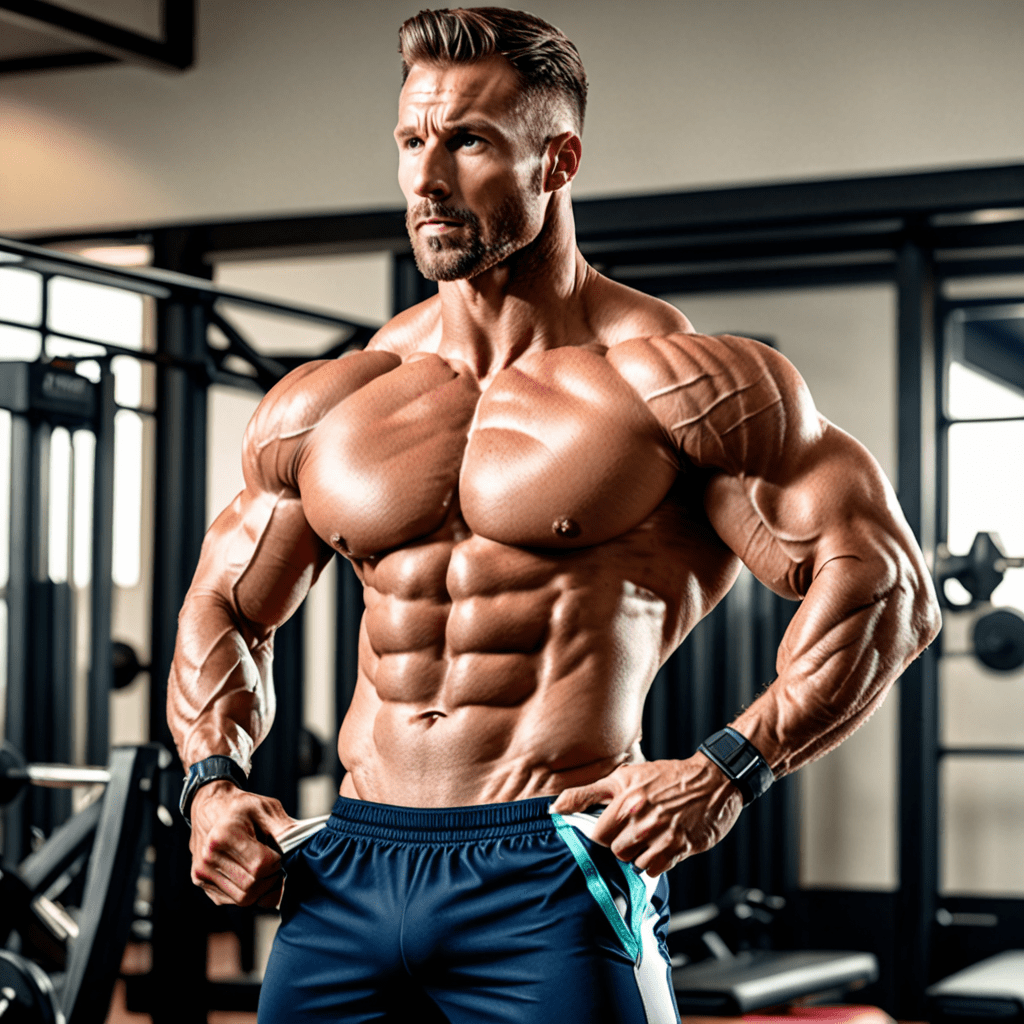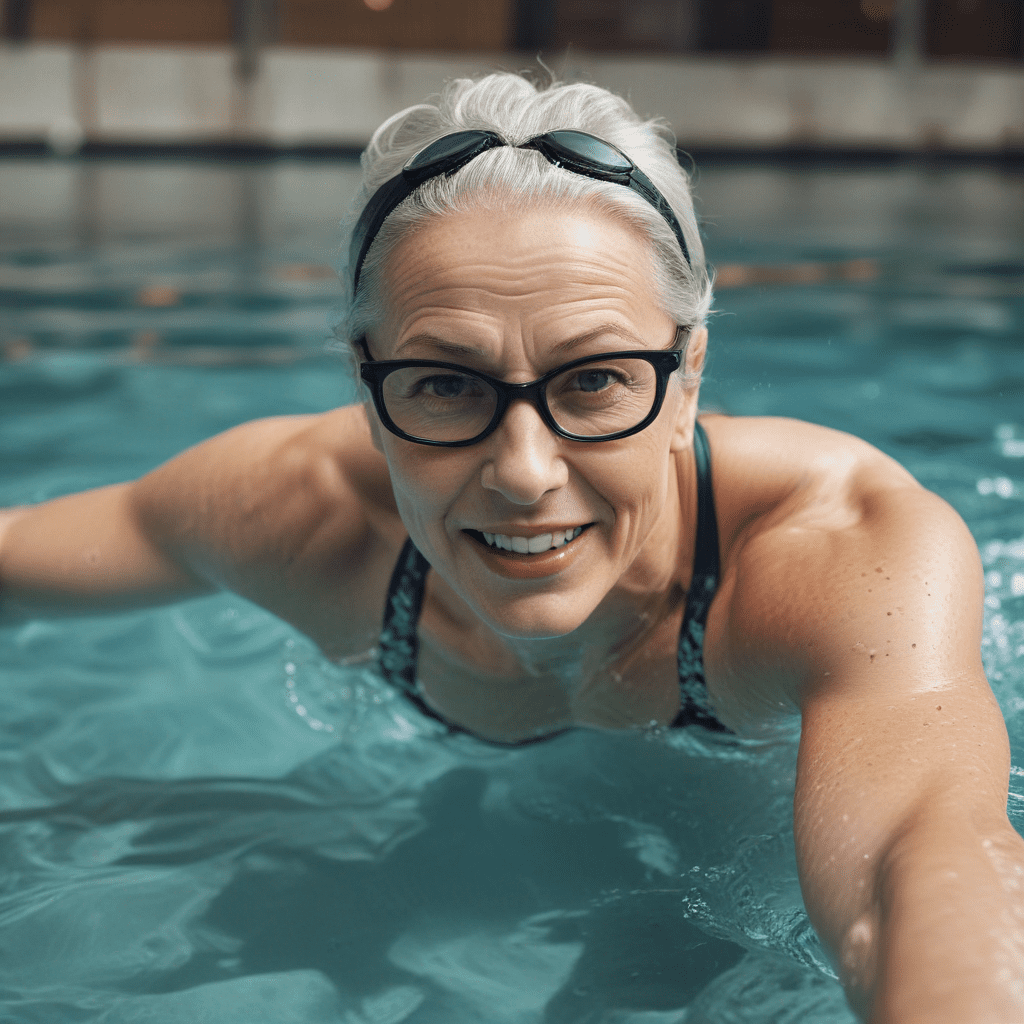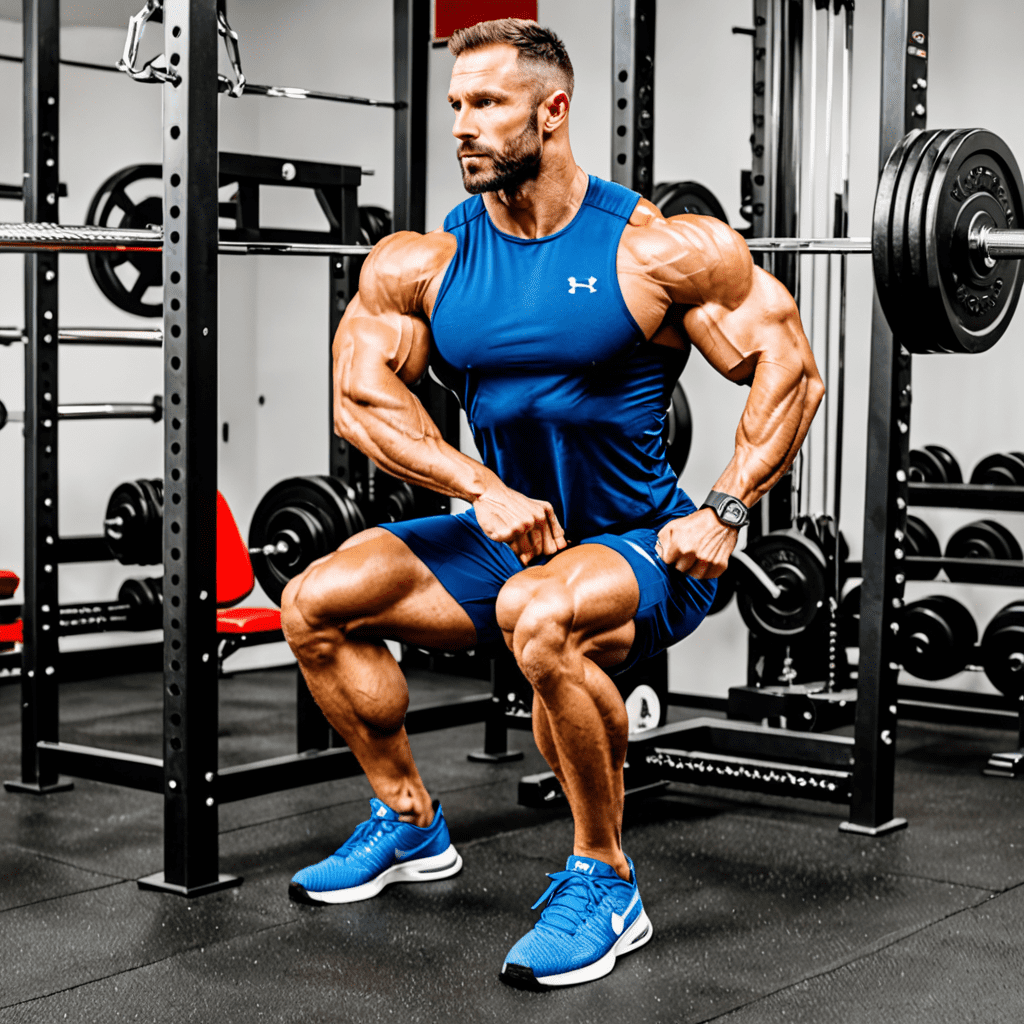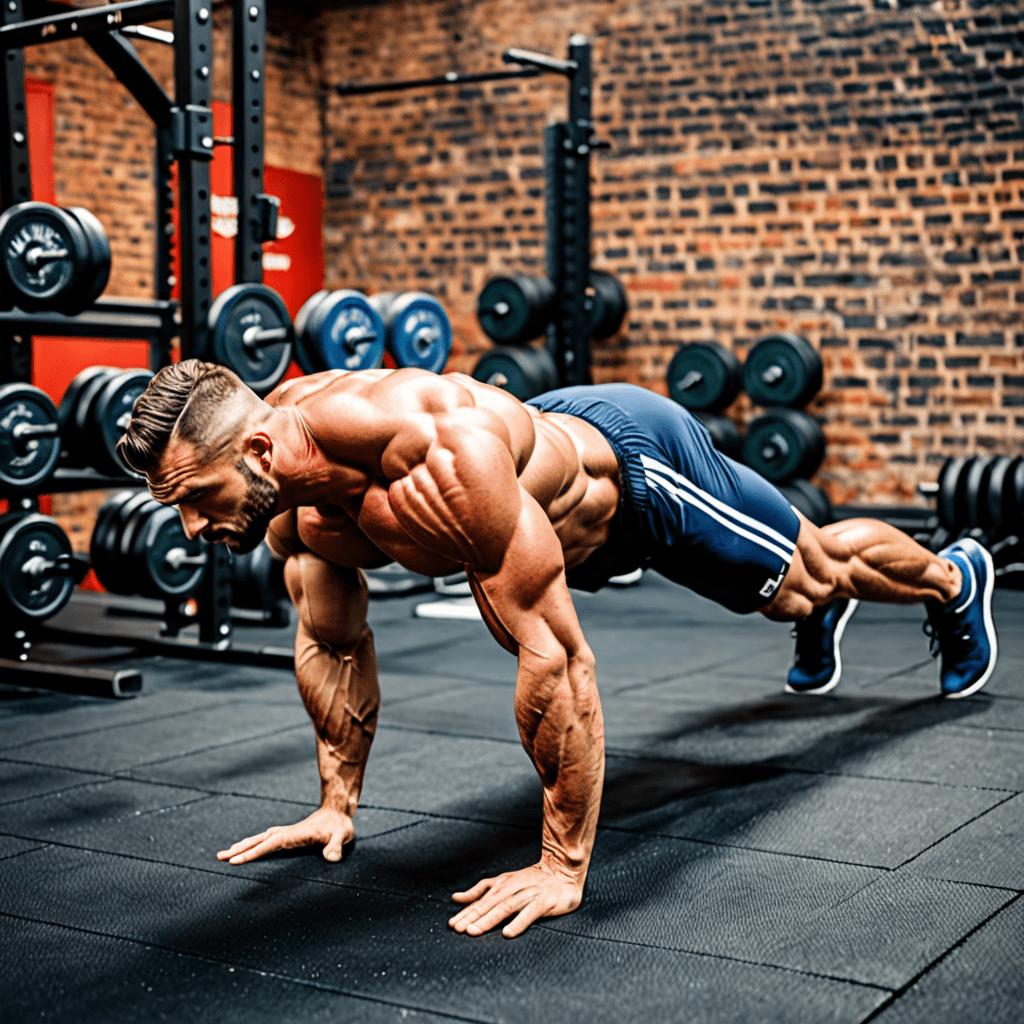
Nutritional Strategies for Optimal Athletic Performance
Athletes require a well-rounded and carefully curated diet to support their intense training, enhance performance, and aid recovery. Nutritional strategies play a critical role in optimizing athletic performance and ensuring overall well-being. Let’s delve into key nutritional strategies that can help athletes reach their full potential.
1. Balancing Macronutrients
Athletes need a balance of macronutrients to fuel their training and support recovery. Carbohydrates provide energy, proteins aid in muscle repair and growth, and fats contribute to overall health and provide a source of energy during longer duration exercises.
2. Proper Hydration
Hydration is crucial for athletes, as even mild dehydration can significantly impact performance. It’s essential to maintain proper fluid balance before, during, and after exercise. Water is fundamental, and for longer or more intense workouts, electrolyte-rich beverages can also be beneficial.
3. Timing of Meals and Snacks
The timing of meals and snacks can impact athletic performance. Consuming a balanced meal 3-4 hours before exercise and a smaller snack 30-60 minutes before can ensure optimal energy levels and prevent fatigue during workouts.
4. Micronutrient-Rich Diet
Athletes must focus on consuming a variety of fruits, vegetables, and whole grains to ensure they receive essential vitamins and minerals. Micronutrients play a vital role in energy production, immune function, and muscle contraction, making them critical for athletic performance.
5. Protein for Muscle Recovery
Protein is crucial for athletes to aid in muscle recovery and growth. Including protein-rich foods in post-workout meals and snacks can help repair muscle tissues and facilitate adaptation to training.
6. Optimizing Pre-Workout Nutrition
Consuming a balanced meal or snack before a workout, rich in carbohydrates and moderate in protein, can fuel the body and enhance performance. This ensures that the body has sufficient energy stores to power through the workout.
7. Individualized Approach
Each athlete is unique, and their nutritional needs vary based on factors such as training intensity, duration, body composition, and specific goals. It’s essential for athletes to work with a sports nutrition professional to tailor nutritional strategies to their individual needs.
By incorporating these nutritional strategies, athletes can optimize their performance, support their overall health, and reach their full potential in their respective sports.
FAQs about Nutritional Strategies for Optimal Athletic Performance
What are nutritional strategies for optimal athletic performance?
Nutritional strategies for optimal athletic performance involve consuming a balanced diet to support energy levels, muscle recovery, and overall physical performance. This includes adequate intake of macronutrients like carbohydrates, proteins, and fats, as well as micronutrients like vitamins and minerals.
How does nutrition affect athletic performance?
Nutrition plays a critical role in athletic performance by providing the body with the necessary nutrients to fuel workouts, repair and build muscles, and maintain overall health. Proper nutrition can enhance endurance, strength, speed, and recovery while also reducing the risk of injury and illness.
What are some key nutritional components for athletes?
Athletes should focus on consuming sufficient carbohydrates for energy, proteins for muscle repair and growth, and healthy fats for overall health. Additionally, staying hydrated and consuming adequate amounts of vitamins and minerals, such as iron and calcium, is crucial for optimal athletic performance.
How can athletes optimize their nutrition for peak performance?
To optimize nutrition for peak performance, athletes should prioritize meals and snacks that include a variety of nutrient-dense foods, plan their eating schedule around training and competition, and consider consulting with a sports nutritionist to personalize their dietary needs based on individual goals and requirements.


